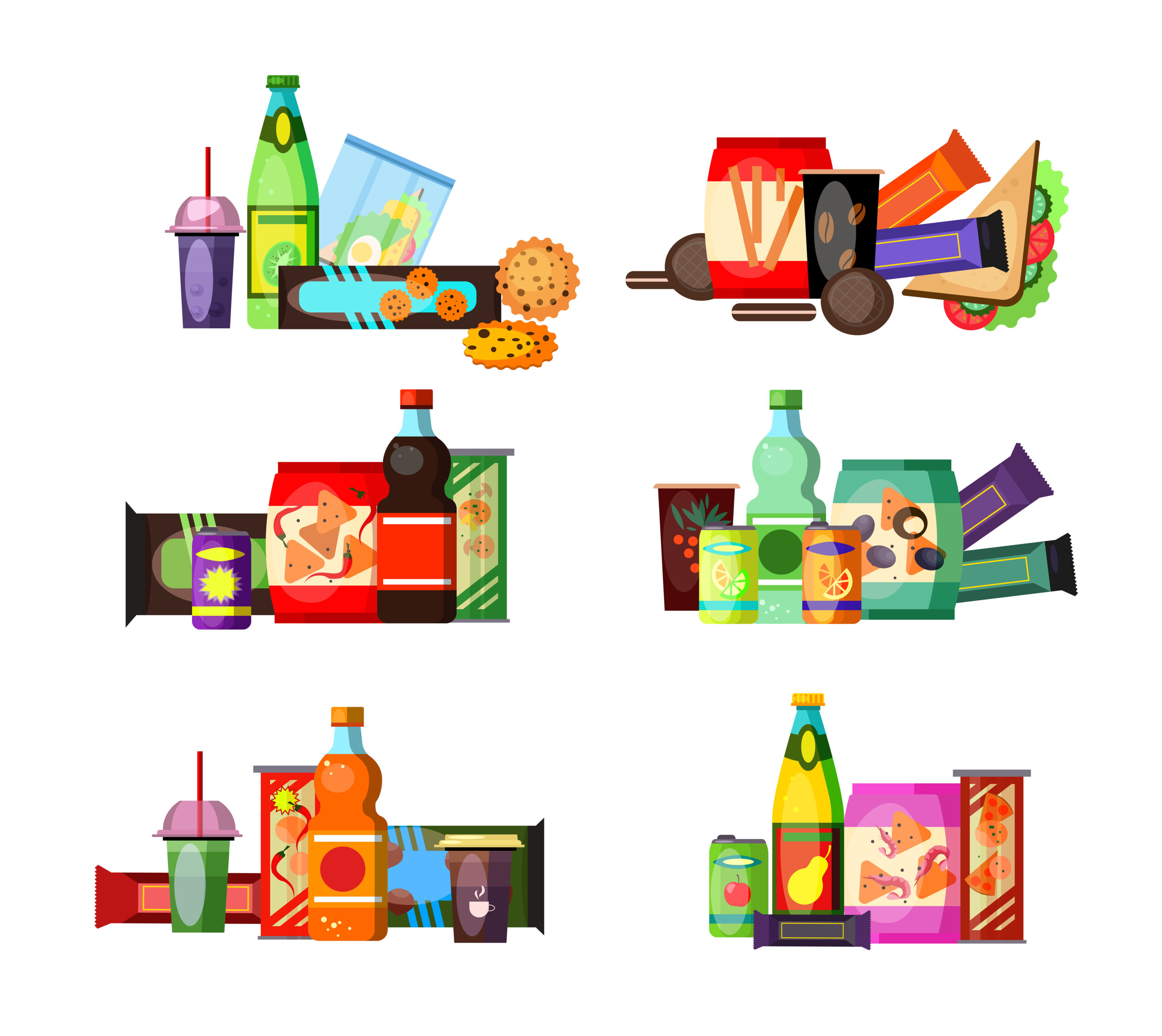Introduction
In our fast-paced modern world and convenience often trumps our health. As ultra-processed foods are easy to prepare and deliciously addictive, they come with a hefty price that is your well-being. From all teh digestive issues to chronic diseases, the long-term effects of ultra-processed foods on health are alarmingnow, even after that consumption is sti;ll day by day increaseing. If you’re also eating packaged snacks, sugary cereals, frozen meals, or soft drinks daily, it’s time for a wake-up call and take a look of the article.
What Are Ultra-Processed Foods?
Basically, Ultra-processed foods (UPFs) are those items manufactured with multiple ingredients, including additives like preservatives, sweeteners, flavor enhancers, and emulsifiers. These foods are far from their natural origins and often contain little to no real nutrition.
Examples include:
- Instant noodles (our most favourite Maggie)
- Soda and flavored drinks (soft drinks : Cocacola)
- Packaged bakery goods (Packed cake)
- Processed meats
- Sweetened breakfast cereals
1. Gut Health Destruction
The additives in ultra-processed foods can disrupt our gut microbiome, reducing the number of beneficial bacteria and increasing harmful microbes. This imbalance may lead to:
- Bloating and IBS symptoms
- Reduced immunity
- Inflammation
2. Increased Risk of Obesity and Type 2 Diabetes
UPFs are loaded with sugar, salt, and unhealthy fats. They’re designed to be over-consumed, which:
- Increases calorie intake
- Promotes insulin resistance
- Leads to weight gain
Studies show individuals consuming more than 50% of their daily calories from UPFs are more likely to be obese and diabetic.
3. Mental Health Decline
One of the most overlooked effects of ultra-processed foods on health is their link to mental disorders. A diet high in UPFs is associated with:
- Depression
- Anxiety
- Mood swings
This is due to the lack of essential nutrients like omega-3, magnesium, and fiber.
4. Heart Disease and Hypertension
The excess sodium and trans fats in UPFs significantly raise the risk of cardiovascular disease. These foods can:
- Increase blood pressure
- Elevate cholesterol levels
- Damage blood vessels
5. Higher Cancer Risk
Recent research has drawn a connection between high UPF intake and increased risk of certain cancers, particularly:
- Colorectal cancer
- Breast cancer (postmenopausal women)
- Pancreatic cancer
Though more studies are needed, the trend is concerning.
6. Poor Nutrient Absorption
Even if you occasionally eat fruits and vegetables, consuming UPFs alongside them reduces nutrient absorption. Synthetic additives may interfere with:
- Mineral absorption (iron, calcium)
- Vitamin metabolism (like Vitamin D and B12)
7. Food Addiction and Cravings
UPFs are engineered to stimulate your brain’s reward system. This “hyper-palatable” nature causes:
- Dopamine spikes
- Loss of appetite control
- Craving cycles
Long-term, this can damage brain reward circuitry and lead to compulsive eating.
What the Experts Say:
Dr. Carlos Monteiro, who coined the NOVA food classification system, warns that UPFs are “designed to be hyper-palatable and marketed aggressively, pushing real food out of our diets.” Nutritionists worldwide advocate shifting back to whole, minimally processed foods.
Practical Steps to Reduce UPFs
- Read Labels – Avoid products with more than 5–6 unfamiliar ingredients.
- Plan Meals – Cook at home using fresh produce.
- Choose Natural Snacks – Nuts, seeds, fruits instead of chips or biscuits.
- Stay Hydrated – Drink water instead of soda or packaged juices.
Conclusion
The effects of ultra-processed foods on health are far-reaching and dangerous. Not only just convenient, but they slowly damaging our body and mind. By making conscious dietary choices and returning to wholesome foods is the best way that we can protect our health for long-term.
For more health related article visit healthifinancier.com

